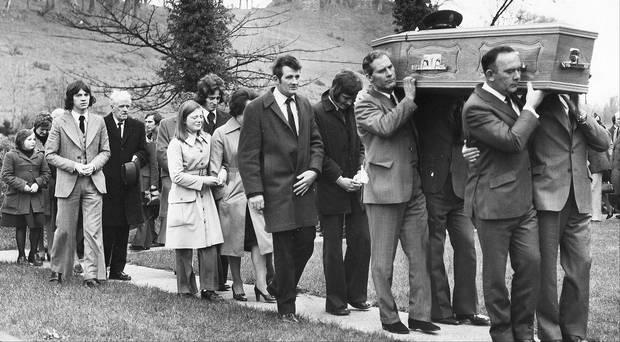The family of murdered RUC sergeant Joseph Campbell refused a police funeral. On Monday, February 28 1977, St Mary’s chapel in Cushendall was packed with mourners from across Antrim, but there were no senior police among them. “A terrible evil has visited us here,” the Monsignor told his parish, not knowing how carefully the face of that evil would be hidden, or how deep into his community it would reach. Joe Campbell’s 42-year-old widow Rosemary sat in the front row beside his six eldest children. Philip, four, and Sarah, six, had been sent away to relatives in Derry, too…
Cancel at any time. Are you already a member? Log in here.
Want to continue reading?
Introductory offer: Sign up today and pay €200 for an annual membership, a saving of €50.

